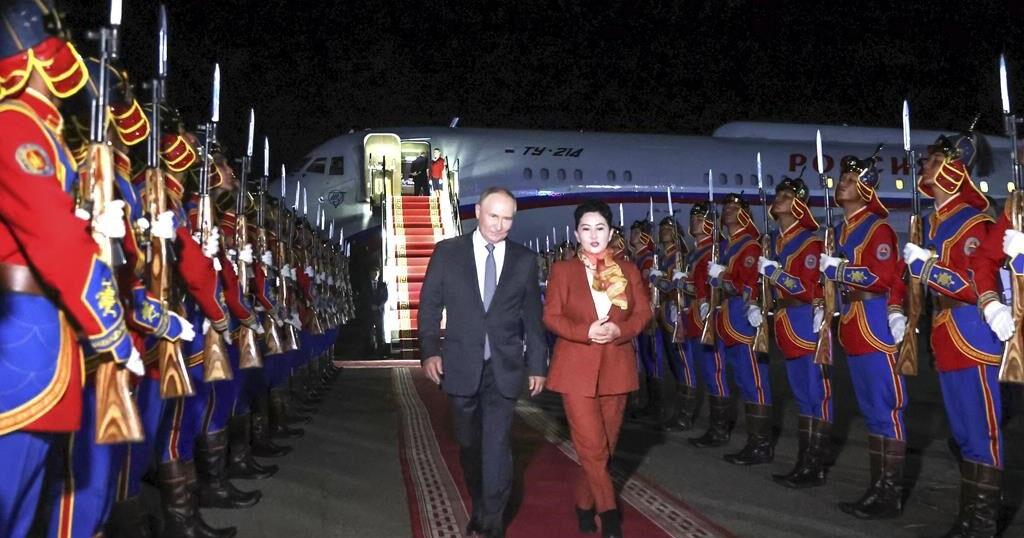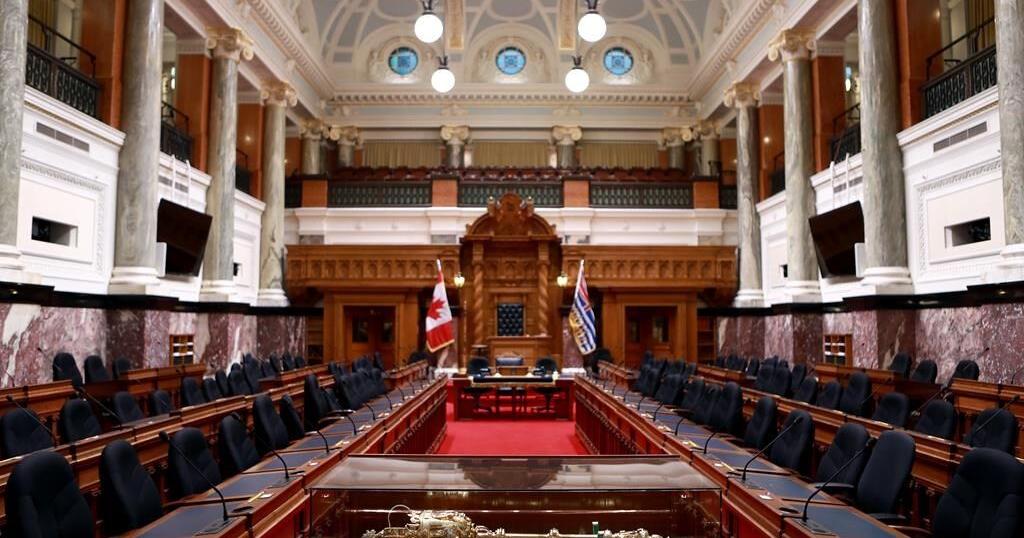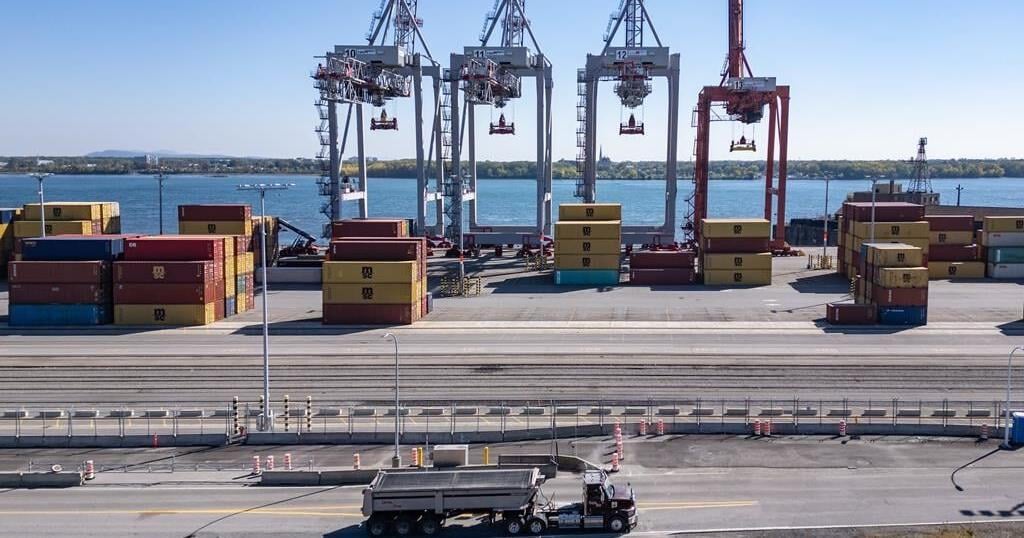ULAANBAATAR, Mongolia (AP) — Russian President Vladimir Putin received a red-carpet welcome to Mongolia on Tuesday, as the country ignored calls to arrest him on an international warrant for alleged war crimes stemming from Moscow’s invasion of Ukraine.
The trip is Putin’s first to a member nation of the International Criminal Court since it issued the warrant in March 2023. Ahead of his visit, Ukraine urged Mongolia to hand Putin over to the court in The Hague, and the European Union expressed concern that Mongolia might not execute the warrant.
The warrant put the Mongolian government in a difficult position. After decades under communism with close ties to the Soviet Union, it transitioned to democracy in the 1990s and built relations with the United States, Japan and other new partners. But the landlocked country remains economically dependent on its two much larger and more powerful neighbors, Russia and China.
The ICC has accused Putin of being responsible for the abductions of children from Ukraine. Member countries are required to detain suspects if a warrant has been issued, but Mongolia needs to maintain its ties with Russia and the court lacks a mechanism to enforce its warrants.
The Russian leader was welcomed in the main square in Ulaanbaatar, the capital, by an honor guard dressed in vivid red and blue uniforms styled on those of the personal guard of 13th century ruler Genghis Khan, the founder of the Mongol Empire.
A throng of people watched from behind temporary barriers as Putin and Mongolian President Khurelsukh Ukhnaa walked up the red-carpeted steps of the Government Palace and bowed toward a statue of Genghis Khan before entering the building for their meetings.
A small group of protesters who tried to unfurl a Ukrainian flag before the ceremony were taken away by police. Five others who gathered a few blocks west of the square held up an anti-Putin banner and Ukrainian flag but disbanded after hearing about the arrests.
As Putin was welcomed in Mongolia, his forces struck a military training facility and nearby hospital in Poltava, Ukraine, killing at least 41 people and wounding scores of others, the country’s president said. The strike appeared to be one of the deadliest by Russian forces since the war began on Feb. 24, 2022.
Mongolia and Russia signed agreements for a feasibility study and the design of a power plant upgrade in Ulaanbaatar to ensure the supply of aviation fuel to Mongolia. Another agreement covered an environmental study of a river where Mongolia hopes to build a hydroelectric plant that Russia says would pollute Lake Baikal on the Russian side. Putin also outlined plans to develop the rail system between the countries.
He invited the Mongolian president to attend a summit of the BRICS nations — a group that includes Russia and China among others — in the Russian city of Kazan in late October. Khurelsukh accepted, according to Russian state news agency RIA Novosti.
On Monday, the EU said it had shared its concern that the ICC warrant might not be executed with Mongolian authorities.
“Mongolia, like all other countries, has the right to develop its international ties according to its own interests,” European Commission spokeswoman Nabila Massrali said. But she added that Mongolia has been a party to the ICC since 2002, “with the legal obligations that it entails.”
Given Mongolia’s dependence on Russia and China for trade, energy and security, it was hardly possible to expect Mongolia to arrest Putin, said Sam Greene, the director of democratic resilience at the Center for European Policy Analysis.
“The overriding reason for this trip will have been to show that Putin can travel right now,” he said.
But, Greene added, the warrant still narrows the circle of possibilities for Putin, forcing “any governments that’s going to think about hosting him to consider both the domestic and the international political consequences of that in a way they wouldn’t have had to before.”
Kenneth Roth, the former longtime director of Human Rights Watch, called Putin’s trip to Mongolia “a sign of weakness,” posting on X that the Russian leader “could manage a trip only to a country with a tiny population of 3.4 million that lives in Russia’s shadow.”
But Kremlin spokesman Dmitry Peskov stressed the trip wasn’t about “showing something to Western countries,” but rather about developing bilateral relations between two countries rooted in history and “wonderful glorious traditions.” His remarks were made to state TV reporter Pavel Zarubin, who posted them on his Telegram channel.
More than 50 Russians outside the country signed an open letter urging the government of Mongolia to “immediately detain Vladimir Putin upon his arrival.” They included Vladimir Kara-Murza, who was freed from a Russian prison in August in the biggest East-West prisoner swap since the Cold War.
Dmitry Medvedev, the deputy secretary of Russia’s Security Council, denounced the warrant as “illegal” in an online statement Tuesday, describing those who would try to carry it out as “madmen.”
Putin, on his first visit to Mongolia in five years, participated in a ceremony to mark the 85th anniversary of a joint Soviet and Mongolian victory over Japan’s army when it controlled Manchuria in northeast China. Thousands of soldiers on both sides died in months of fighting in 1939 over the location of the border between Manchuria and Mongolia.
“I am very delighted about Putin’s visit to Mongolia,” said Yansanjav Demdendorj, a retired economist, citing Russia’s role against Japan. “If we think of the … battle, it’s Russians who helped free Mongolia.”
Uyanga Tsoggerel, who supports the protests, said her country is a democracy that doesn’t tolerate dictatorship and accused Putin of “recklessly humiliating and shaming Mongolia in front of the world.”
Putin has made a series of overseas trips in recent months to try to counter the international isolation he faces over the invasion of Ukraine. He visited China in May, made a trip to North Korea and Vietnam in June and went to Kazhakstan in July for a meeting of the Shanghai Cooperation Organization.
But last year, the South African government lobbied against Putin showing up in Johannesburg for the BRICS summit, which he ended up joining by video link. South Africa, an ICC member, was condemned by activists and its main opposition party in 2015 when it didn’t arrest then-Sudanese President Omar al-Bashir during a visit for an African Union summit.
Enkhgerel Seded, who studies at a university in Moscow, said that historically, countries with friendly relations don’t arrest heads-of-state on official visits.
“Our country has obligations toward the international community,” she said. “But … I think in this case as well, it would not be appropriate to conduct an arrest.”
























